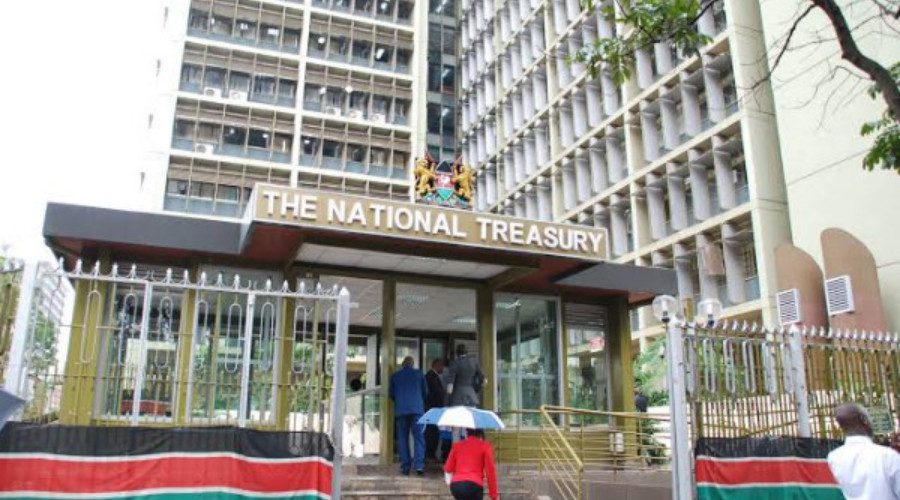Job seekers are among the biggest losers in this year’s budget after the government froze employment for the next one year.
National Treasury Cabinet Secretary Prof. Njuguna Ndung’u says this is among a raft of measures meant to contain increasing re-current expenditure.
The government plans to reduce the wage bill that stands at Ksh 1.1 trillion through increased automation of services.
As part of these efforts, public employment will be frozen for the next one year.
Kenyan farmers are also among those who are likely to be negatively affected by this year’s budget after the National Treasury zero-rated importation of eggs, onions and other food items from EAC.
“Mr. Speaker, the Finance Act, 2023 introduced excise duty on imported eggs, potatoes, and onions at the rate of 25%. To promote trade across the EAC region, I propose the removal of excise duty on imported eggs, potatoes, and onions originating from EAC Partner States subject to goods meeting the EAC rules of origin,” Prof Ndung’u told Parliament.
Local farmers have been complaining that imports from EAC pose unfair competition since the cost of production in Kenya is higher.
The cost of alcoholic beverages are also likely to increase after the government changed the basis of charging excise duty to the centiliter of pure alcohol.
Excise duty on betting, gaming, lottery and price competition has been increased from 15pc to 20pc as the government seeks to curb the vice.
“Mr. Speaker, participation in betting, gaming, prize competition and lotteries continues to affect socio-economic fabric of our society given their addictive nature. Mr. Speaker, last year we raised excise duty on these activities from 7.5pc to 12.5pc to discourage participation. Despite this increase, participation rate in these activities by Kenyan Citizens especially school going children and young adults continues to persist. To further discourage this behaviour, I propose to increase the excise duty rates to 20pc,” said Prof Ndung’u.
Small banks are also among the biggest losers after a proposal that they progressively increase their core capital from the current minimum of Ksh 1 billion to Ksh 10 billion.
The treasury CS said this will ensure local banks are able to finance large projects and have the ability to withstand shocks posed by continous market risks.
The central bank of Kenya is expected to issue guidelines and timeframes for this.





